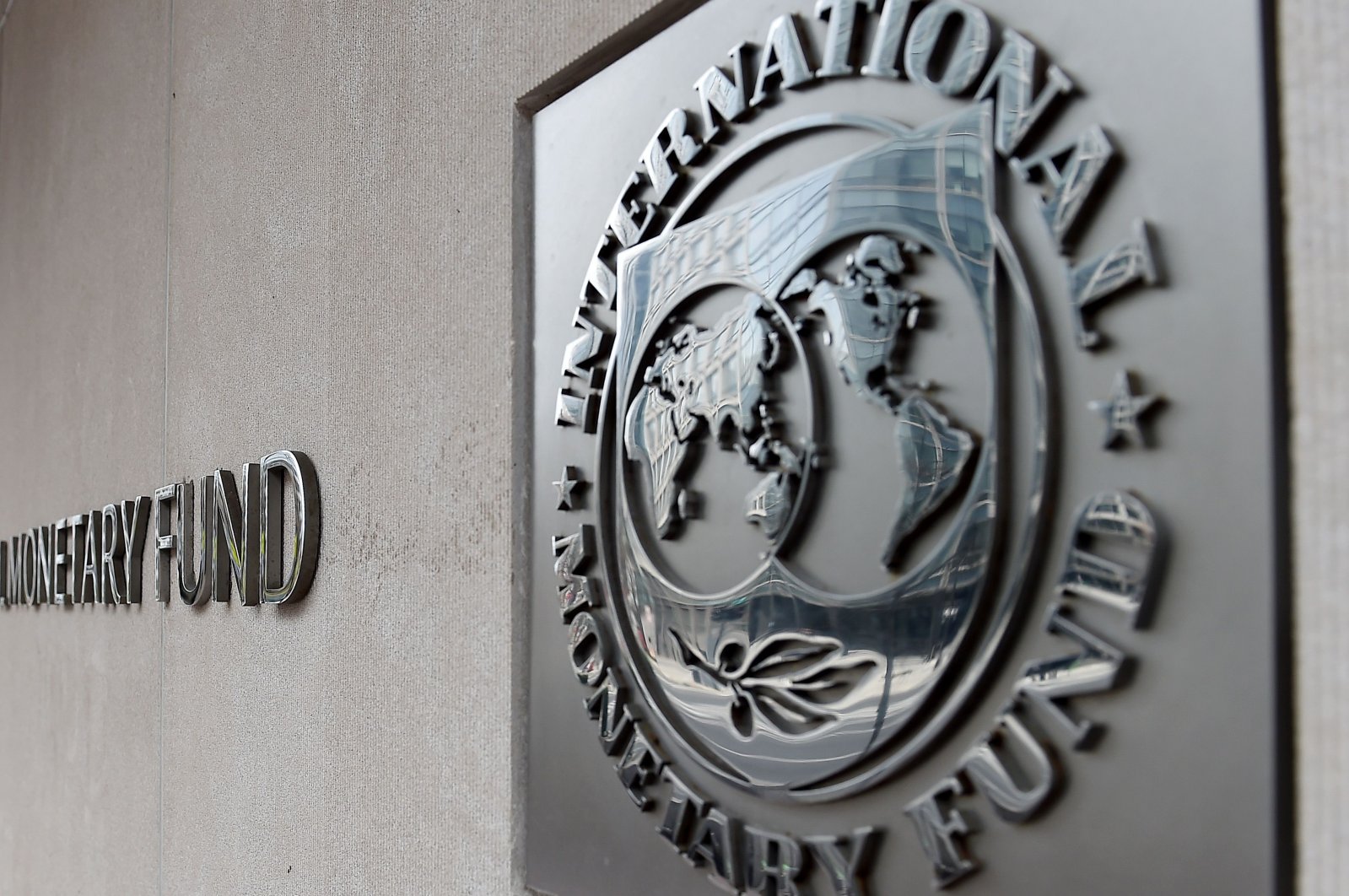Despite facing economic hardships, including inflation and climate change, Africa continues to exhibit substantial growth potential. Data from the International Monetary Fund (IMF) highlights the continent’s promising market, particularly appealing to young investors. However, investors must navigate significant challenges related to Africa’s development needs, such as transitioning to green energy and adapting to climate change.
Progress and Development Initiatives
African leaders are making notable strides in establishing the foundation for economic growth and helping investors tap into Africa’s potential. The IMF’s data indicates that, despite a modest overall economic growth rate of 3.2% for Africa, leaders are working to improve infrastructure and create favorable conditions for investment. This progress is crucial in addressing the continent’s development needs and leveraging its growth potential.
Geopolitical and Economic Factors
The future economic performance of Africa is influenced by the sustainability of its infrastructure and the shifting geopolitical landscape. Comparatively, Africa’s growth rate is modest when set against Asia’s nearly 5% growth. Countries like Kenya and Nigeria have experienced currency declines and high inflation rates, impacting investor confidence and leading to a notable decrease in private capital activity.
Strategic Economic Approaches
Some African nations are adopting proactive strategies to enhance economic development by localizing production. For instance, the Democratic Republic of Congo is reviewing its mining joint ventures with foreign investors to increase local economic benefits and ensure sustainable growth. African governments are also leveraging blended finance to attract private capital. Egypt, in particular, has emerged as a significant player in the blended finance market in the MENA region.
Investment Initiatives and Challenges
The African Development Bank supports significant initiatives like the “Desert to Power” solar project, which aims to generate 10GW of solar power and provide electricity to 250 million people across 11 countries. However, recent research from the African Private Capital Association reveals a decline in private capital deals, with a total value of $5.9 billion in 2024—a 22% drop from 2022. This decline underscores the need for increased investor interest to prevent further disparity between Africa and wealthier regions.
Outlook for Future Investment
Despite the continent’s urgent development needs, investor interest in Africa remains relatively low compared to other regions. Attracting more capital is crucial for Africa to maintain its growth trajectory and address the challenges it faces.





